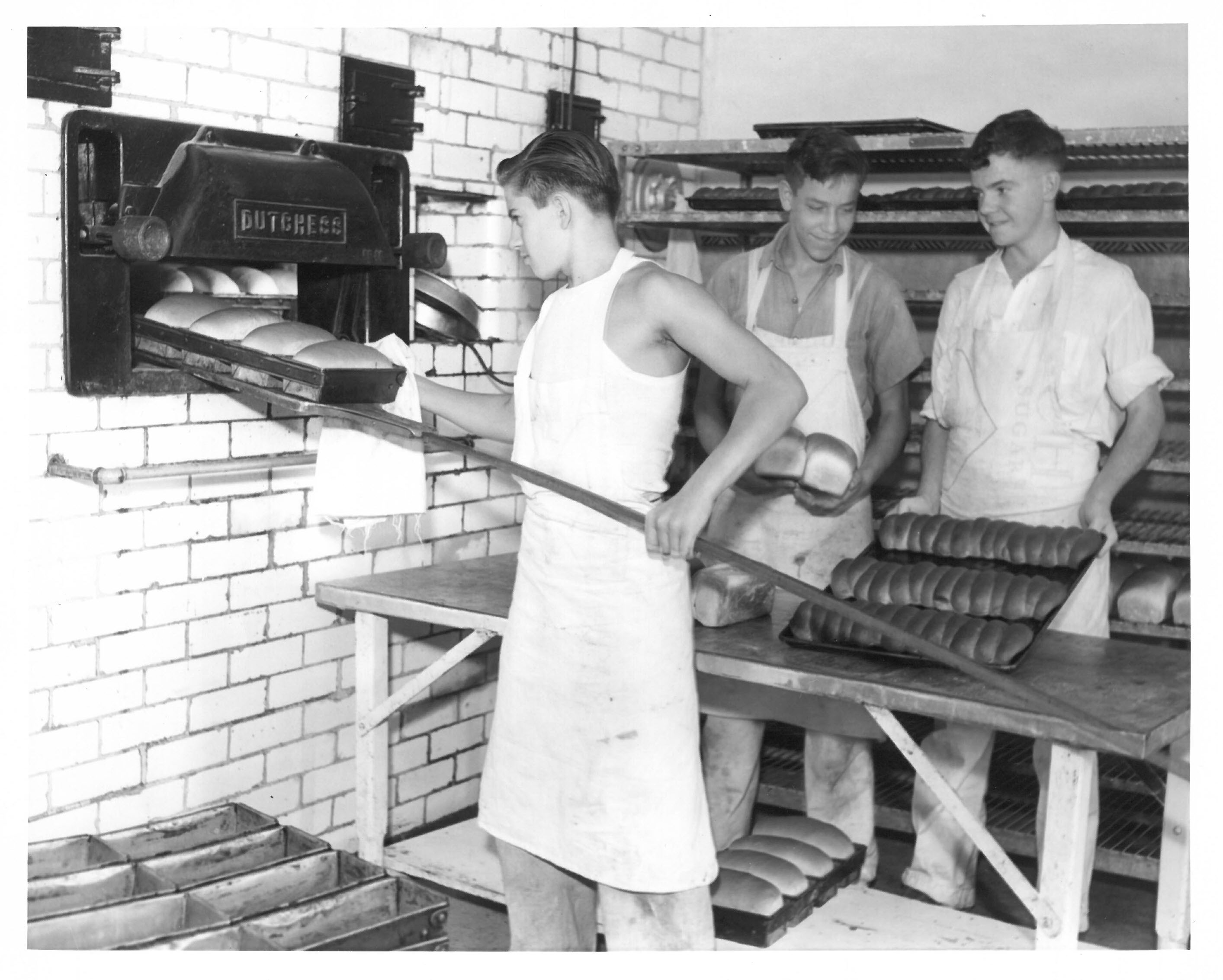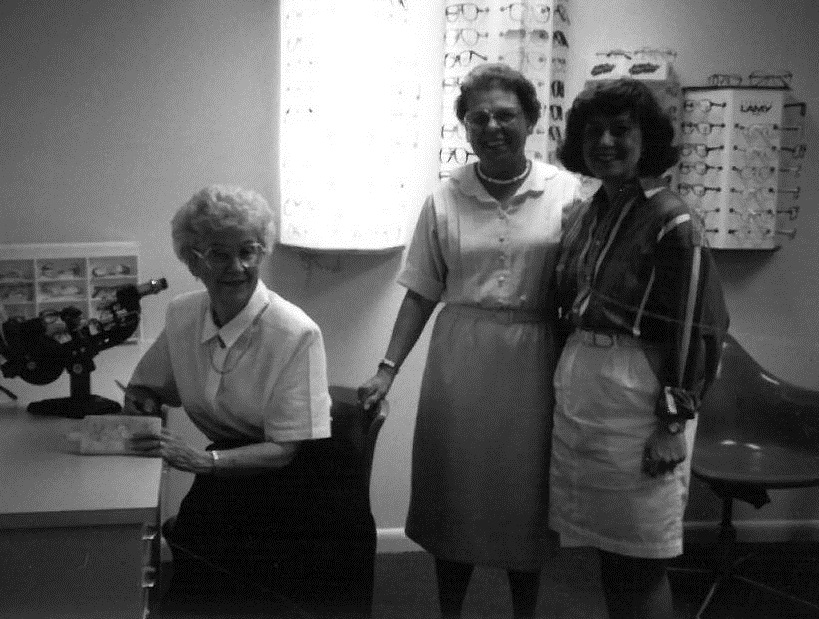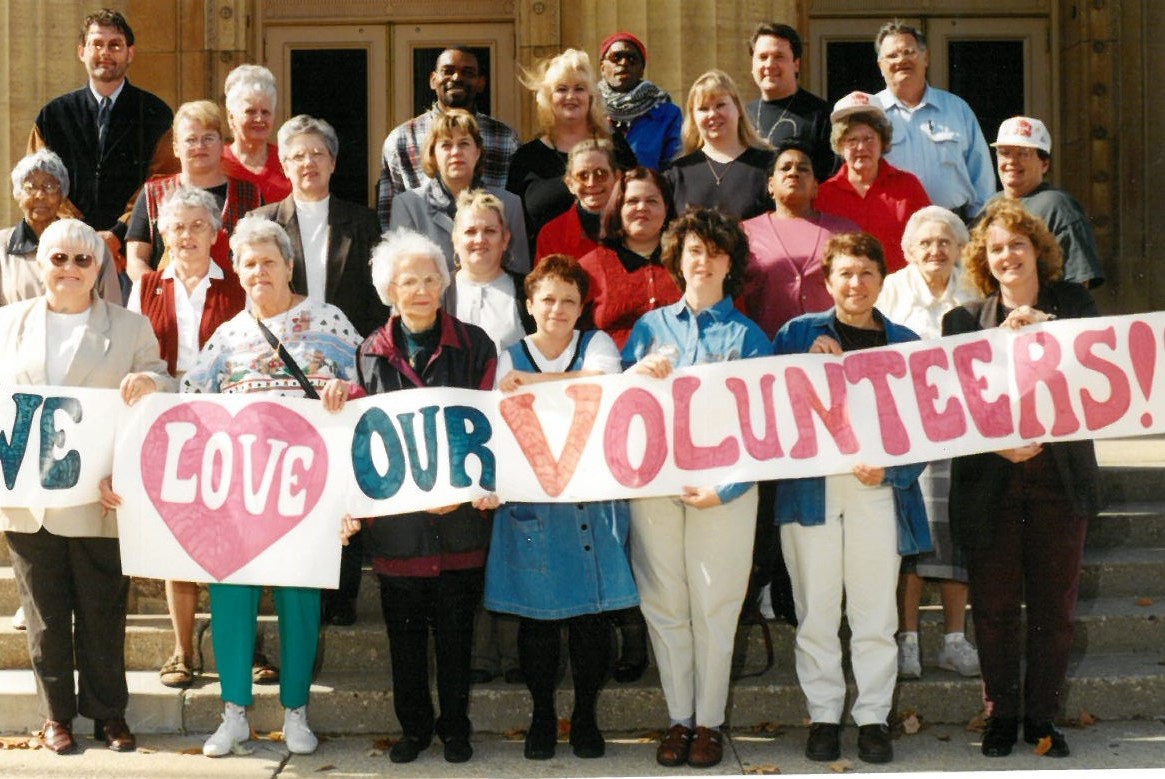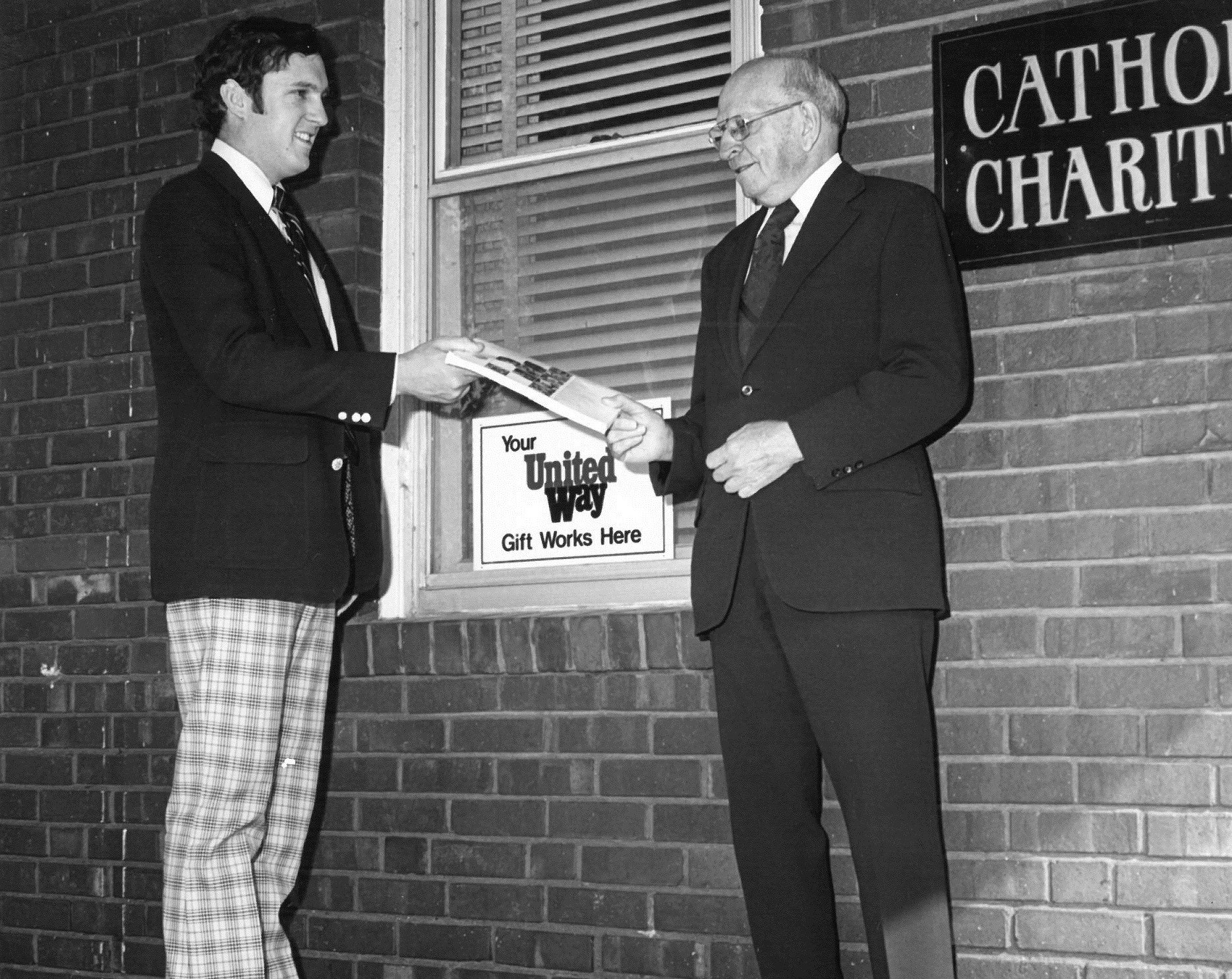History
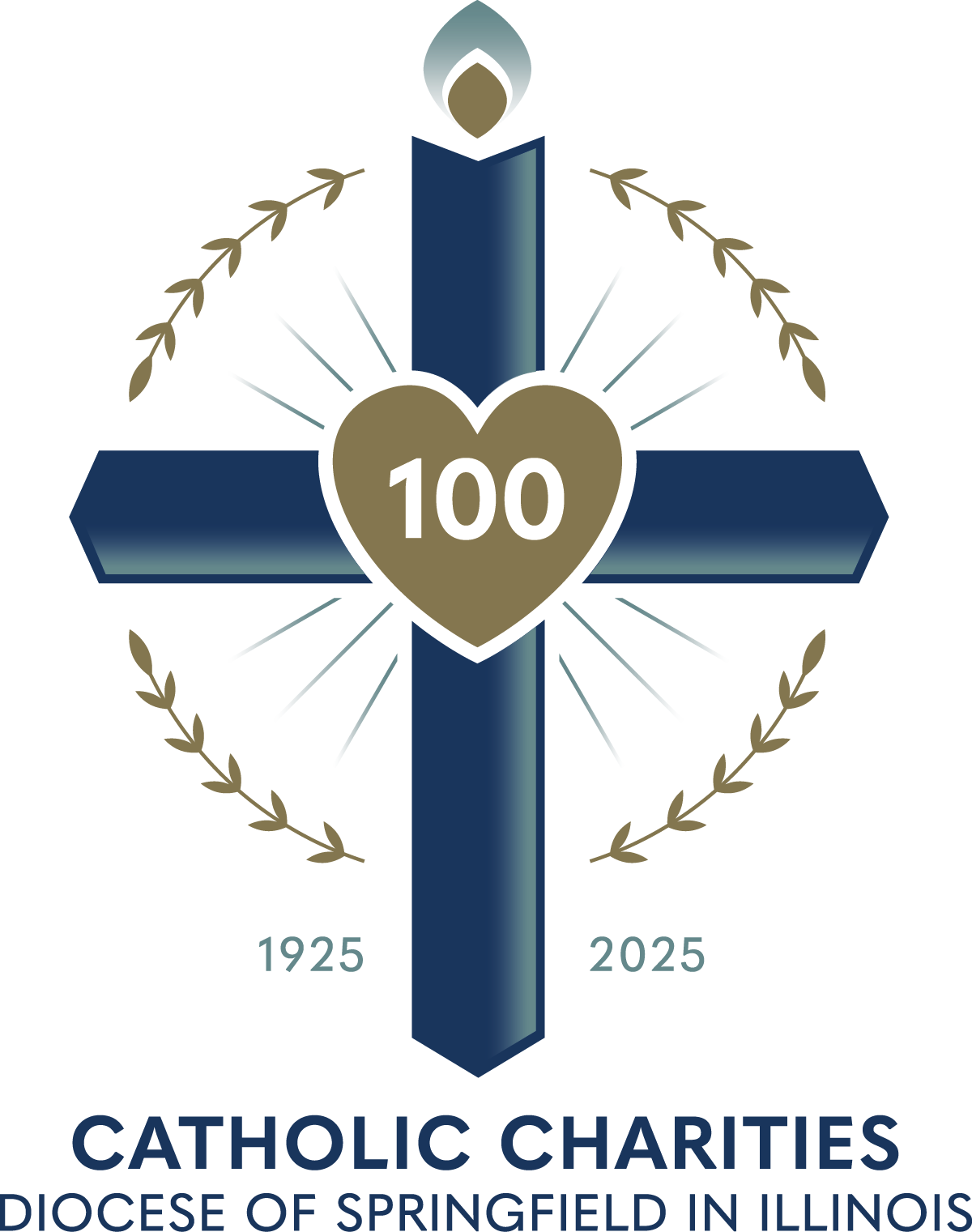 With a staff of just one, Catholic Charities of
With a staff of just one, Catholic Charities of 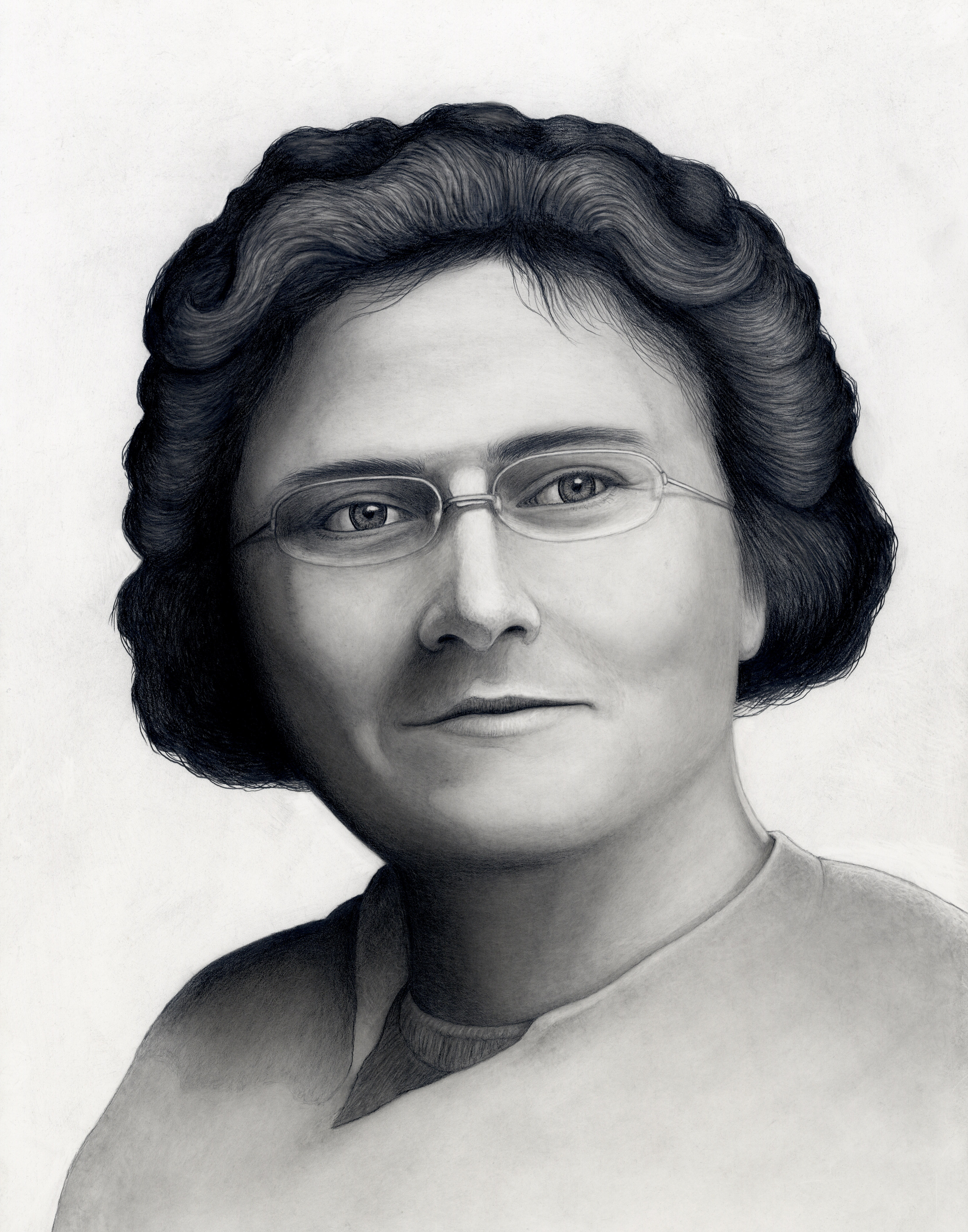 the Diocese of Springfield in Illinois opened its doors on March 1, 1925. The first employee of Catholic Charities, a social worker named Elizabeth Kuhlman, provided help and relief to the suffering under the direction of Bishop James A Griffin.
the Diocese of Springfield in Illinois opened its doors on March 1, 1925. The first employee of Catholic Charities, a social worker named Elizabeth Kuhlman, provided help and relief to the suffering under the direction of Bishop James A Griffin.
Kuhlman also served as the president of the ‘Ladies of Charity,’ an organization established by Bishop Griffin with the purpose of providing support to Catholic Charities however necessary. This organization funded the works of Catholic Charities and provided material goods like blankets and clothing to be given to the needy.
Catholic Charities was first headquartered at St. John’s Hospital, but by the end of 1929 their central offices were relocated to East Monroe Street. At this time, $.99 from every $1 donated went directly towards providing for the poor.
The first public campaign drive for Catholic Charities, orchestrated in 1931, raised $21,726. “The citizens of Springfield have never witnessed such cooperation and unified effort in any public activity since the war,” stated Catholic Charities director Rev. V.C. Goyke to the Illinois State Journal. Catholic Charities provided for many impoverished families with groceries, clothing, medical aid, schoolbooks for children, and presents and a meal at Christmas.
In December 1939, Catholic Charities made a huge stride by way of St. John’s Breadline, transitioning from an outdoor space to bringing men inside to be fed at their new location at 230 North 6th Street. In 1935, Catholic Charities spent $12,907 on food for clients. In 1939, St. John’s Breadline served 10,000 meals a month.
The 1940s saw many milestones for Catholic Charities. The agency began to achieve Bishop Griffin’s original plans for growth by extending across the diocese and opening offices in Alton in 1941, Decatur in 1944, Quincy in 1945 and Granite City in 1949. With only five area offices trying to cover a 28-county spread, it meant a heavy workload for every worker.
Decatur Catholic Charities alone serviced 12 surrounding counties. Quincy Catholic Charities opened its doors and immediately took on seven Quincy-area cases of social work that were previously being handled by the Springfield office with one full time caseworker. It was under Assistant Director of Catholic Charities Rev. William Cassin that this growth of Catholic Charities across the diocese was achieved.
Towards the end of 1950, 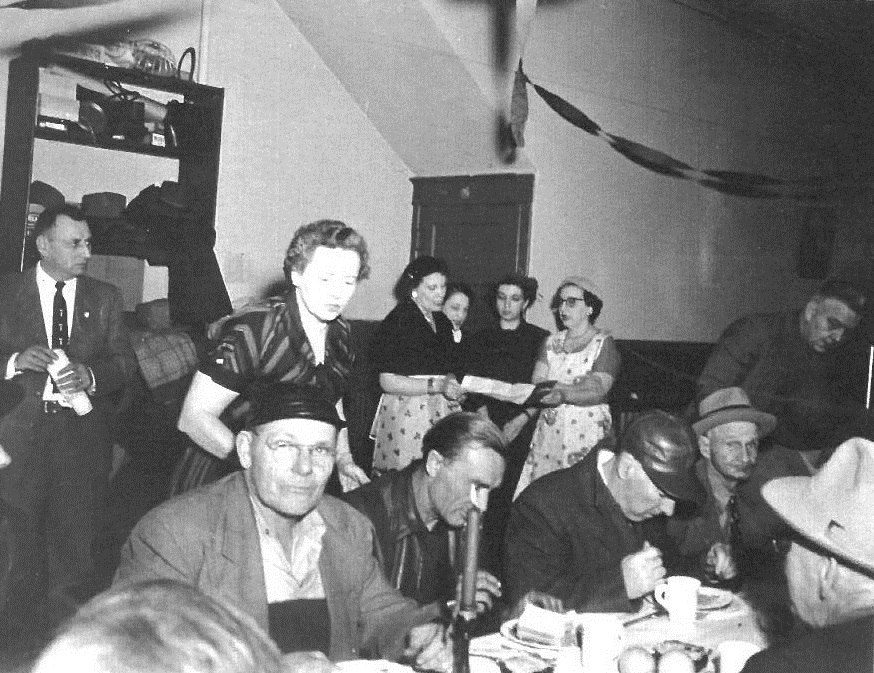 Catholic Charities relocated its office from the old cathedral building to 830 East Monroe Street in Springfield. The new location was known as the Ed Flynn home. Built in 1900, it consisted of 18 rooms shared with the Catholic Youth Organization. At this time, Catholic Charities in Springfield had grown to a staff of seven women with Fr. Cassin as Executive Director. In 1952, Catholic Charities received high praise from renowned Catholic activist Dorothy Day, responsible for establishing the Catholic Worker Movement. At a National Catholic Conference in Cleveland, Day singled out Springfield Catholic Charities “as an exemplar in giving direct relief to the needy.” In 1956, Catholic Charities was asked by the war relief services of National Catholic Welfare to help find homes and jobs for 5,000 displaced
Catholic Charities relocated its office from the old cathedral building to 830 East Monroe Street in Springfield. The new location was known as the Ed Flynn home. Built in 1900, it consisted of 18 rooms shared with the Catholic Youth Organization. At this time, Catholic Charities in Springfield had grown to a staff of seven women with Fr. Cassin as Executive Director. In 1952, Catholic Charities received high praise from renowned Catholic activist Dorothy Day, responsible for establishing the Catholic Worker Movement. At a National Catholic Conference in Cleveland, Day singled out Springfield Catholic Charities “as an exemplar in giving direct relief to the needy.” In 1956, Catholic Charities was asked by the war relief services of National Catholic Welfare to help find homes and jobs for 5,000 displaced 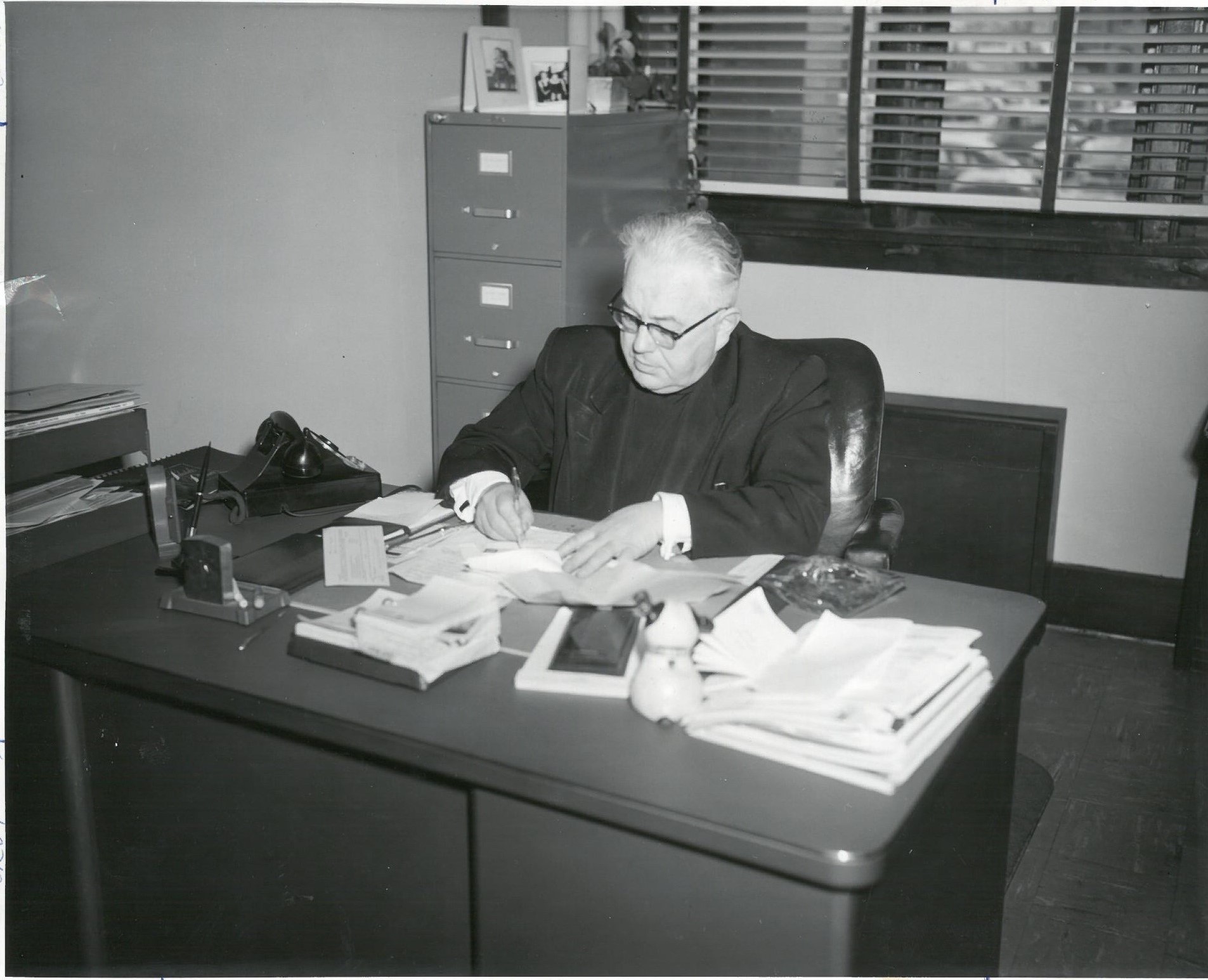 Hungarian refugees being admitted to the country.
Hungarian refugees being admitted to the country.
In 1962, Catholic Charities moved yet again, this time to 108 East Cook Street, to make room for the expanding agency. Their outreach included adoptions, marriage counseling, family care, foster home placement and child guidance. Catholic Charities also continued to run the St. John’s Breadline and St. Monica’s Hall, opened in 1948 to provide care for unwed mothers in Springfield. In 1961, Catholic Charities provided services to 3,042 people.
The 70’s brought with it state contract deals with Catholic Charities to begin providing foster care services. “The major thrust of Catholic Charities is keeping people together,” stated Catholic Charities Director Fr. Cassin in 1973. That same year, the agency placed 57 children in adoptive homes and handled 434 child counseling cases with only eight staff members. What began as a simple mission to feed hungry men at St. John’s Breadline grew to provide compassionate services to countless children and families.
In February of 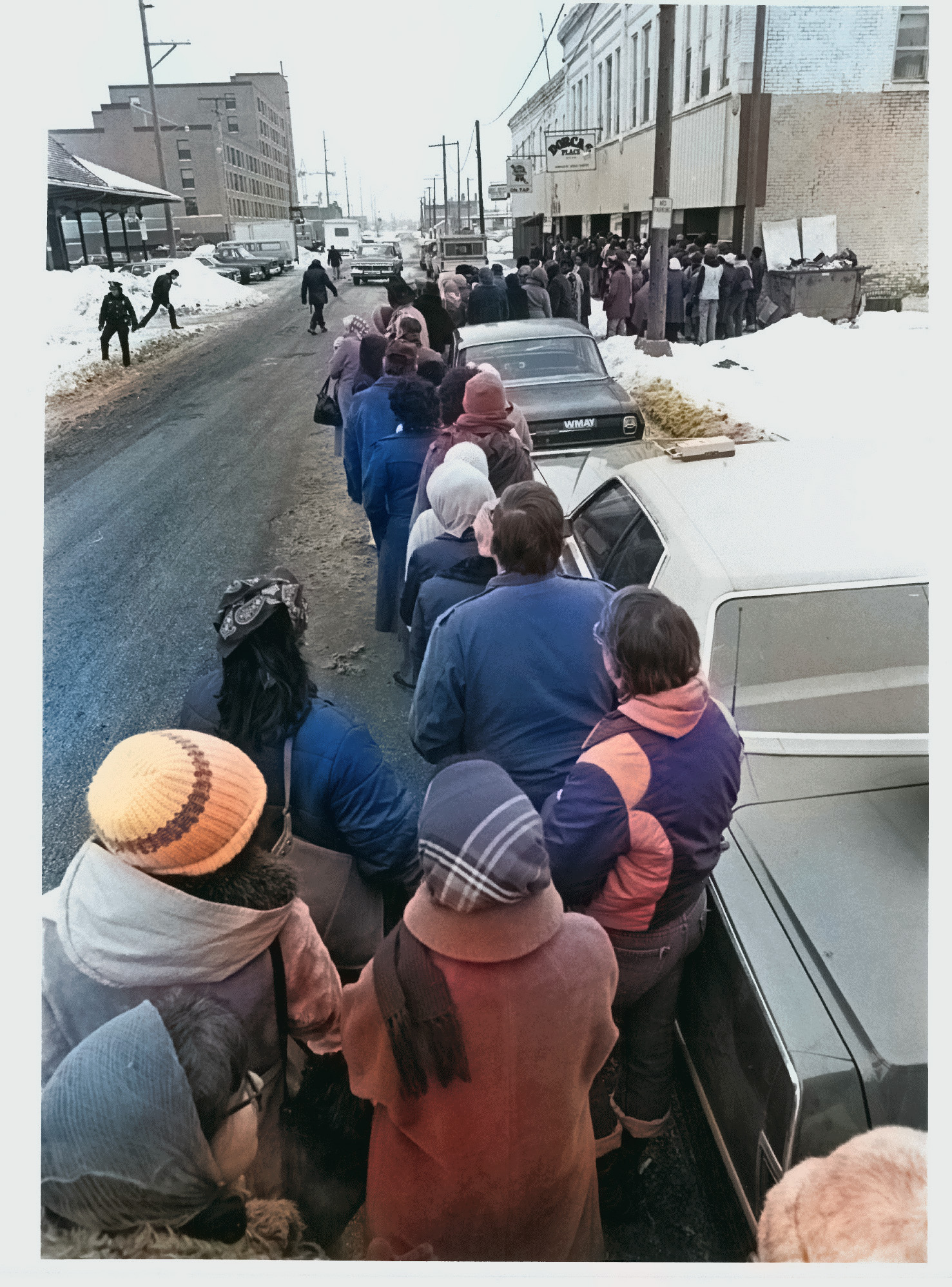 1982, more than 1,000 people waited in line at Springfield Catholic Charities to receive food assistance. More and more people needed help, and the agencies across the diocese grew to meet that need.
1982, more than 1,000 people waited in line at Springfield Catholic Charities to receive food assistance. More and more people needed help, and the agencies across the diocese grew to meet that need.
In 1981, Catholic Charities opened its Effingham office, serving the eastern portion of the diocese. The foster care program continued to grow. In the late eighties, the State of Illinois contracted with Catholic Charities to help them establish a new program, “Family First,” which provided immediate emergency services to children suffering from abuse or neglect. This new state initiative enabled Catholic Charities to hire eight new staff members and help an additional 40 families per year. Then, in 1985, Catholic Charities assumed management of the Catholic Children’s Home in Alton.
In January of 1990, Carlinville Catholic Charities opened with four case workers as the seventh regional office in the diocese, providing services to five neighboring counties in a brick residence previously occupied by the Dominican Sisters. While Carlinville was getting started, Springfield was busy focusing on the health concerns of its clients.
In 1992, “Clinics for Kids” was started to provide physicals, vision and hearing exams, eyeglasses and dental assessments at St. Clare’s Clinic on North Sixth Street. Parts of the clinic were already offering vision and dental services but expanded to meet the needs of families, including required immunizations for school.
In 1996, Catholic Charities of Coles, Douglas and Edgar Counties in Mattoon was founded. Beginning as a thrift store affiliated with the Immaculate Conception Catholic Church, it quickly grew to meet the needs of the community.
In 1997, Catholic Charities began its “MedAssist” program, helping to secure expensive prescription medicines free of charge for chronically ill people who could not afford the ongoing expense. The MedAssist program has secured over $60 million of medication for thousands of people across the Diocese since. 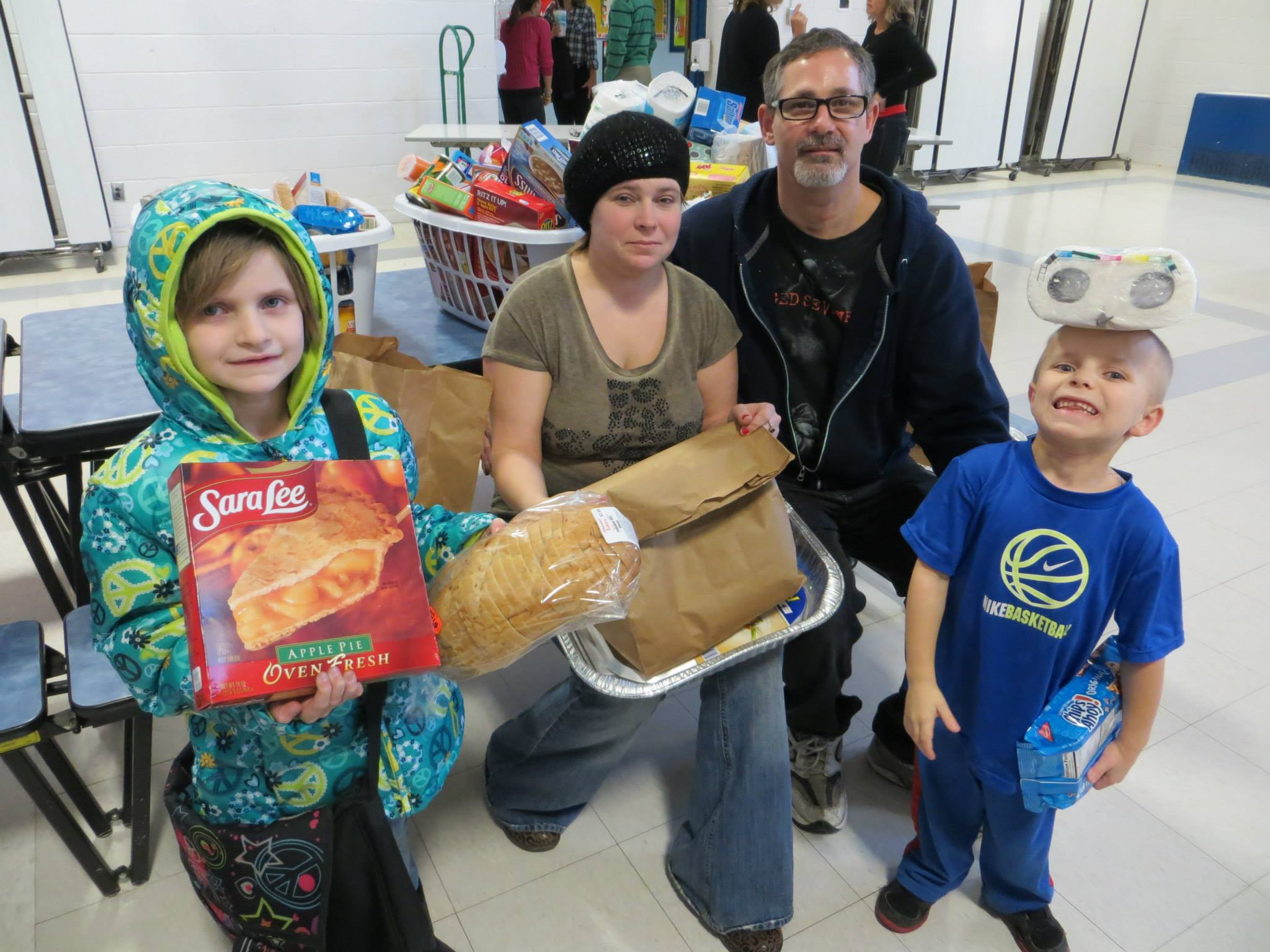
The new millennium brought exciting times to Catholic Charities. In 2001, after years of dedication to its mission, hard work from its staff, and a commitment to excellence, Catholic Charities of the Diocese of Springfield in Illinois achieved national accreditation from the Council on Accreditation (COA) out of New York City, and opened a new location in Mattoon was donated by Rural King and dedicated by Bishop George Lucas. The facility includes a 10,000 square foot thrift store. In 1990, St. John’s Breadline served 120,000 meals. In 2014, the breadline served 210,000 meals.
In 2002, Decatur Catholic Charities gladly assumed operation of the Meals on Wheels program in Macon County, orchestrating the delivery of 330 prepared meals to seniors in and around Decatur five days a week. In 2005, the St. Anne’s Residence in Beardstown opened, funded by a $3.1-million grant obtained through the U.S. Department of Housing and Urban Development. The new 23-room apartment community continues to house low-income seniors in a welcoming and safe environment.
Catholic Charities continued to grow its already long list of distinguished services and programs by adding two more in 2013: Catholic Charities Legal Services (CCLS) and the Mobile Food Pantry (MFP). CCLS was formed with the mission that, regardless of ones ability to pay, every human being has the right to competent legal counsel. This new Catholic Charities initiative was spearheaded by Bishop Thomas John Paprocki, who modeled the program after the successful legal clinic he founded in Chicago. The Mobile Food Pantry program hit the road in August of 2013, delivering food to the small towns of Shobonier and Fieldon in two refrigerated trucks purchased through a Catholic Charities USA grant. The program’s mission is to deliver a two-week supply of food to families in rural towns who suffer from food insecurity and cannot access food relief services. Since its inception, the Catholic Charities Mobile Food Pantry fleet has grown to seven trucks, del ivering over 60 tons of food to 25 rural communities benefiting over 5,000 men, women and children.
ivering over 60 tons of food to 25 rural communities benefiting over 5,000 men, women and children.
In March of 2020, the World Health Organization had declared a COVID-19 global health emergency pandemic. Shortly following, the governor issued a “Stay At Home Order” for the state of Illinois. Exempted from this order were “essential services” considered vital to the public. Catholic Charities remained open, as one such essential business. With the risk of infection high and our clients more in need than ever, we modified our programs, innovating safe and effective methods to provide critical support to communities across our diocese.
We immediately established the C.O.P.E. Hotline to address the pandemic-related mental health crisis and instituted the telehealth option in our counseling program. In addition, we modified our food pantries and the St. John’s Breadline to include pre-packaged or curbside options, eliminated inner office travel by utilizing virtual technology, and continued to vigilantly implement sanitation and basic infection prevention protocols that had been issued. Over the course of the pandemic, Catholic Charities kept its doors open, never closing for even a single day.
For one hundred years, our mission has been the same – to extend to all the healing and empowering presence of Jesus.

